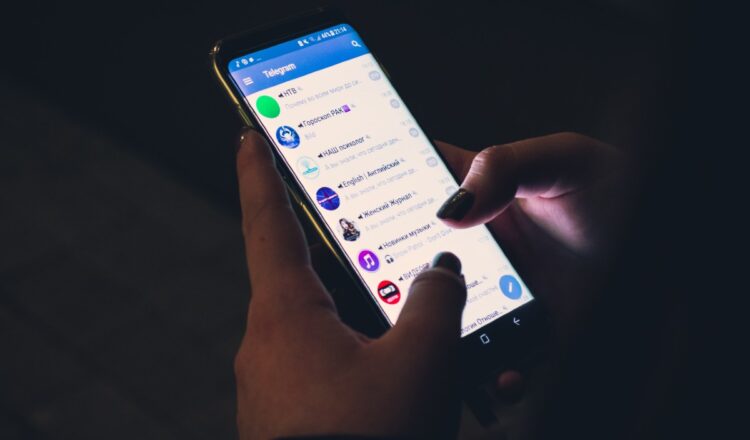Fake Nudes, Real Harm: Are DeepFakes Ruining Our Shot At a Sexually Free Future?
Yet again, mainstream news highlights the inherent sexism of the technology.

Before it’s too late, we need to study if the sad rise of non-consensual digital pornography—that often amounts to emotional assault—can be quelled.
These malicious acts are not only responsible for causing significant emotional harm to the people being imitated. They also sow the seeds of sociopolitical harm by slowing down movements working toward widespread social acceptance of sexual freedom.
And given that so much of our world now happens now, examining what potential checks—on unprecedented levels of unchecked sexual behavior, in particular— may look like must occur.
At most significant concern is the ideal the virtual sex realm aids and abets generations of violently empowered, anonymous American men.
Non-consensual nudes
A recent Buzzfeed News article reports that Telegram—a messaging app—produced photo-realistic simulated fake nude images of more than 680,000 women without their knowledge or consent across Russia and Eastern Europe.
This development shows just how quick-growing and socially invasive unregulated deepfake technology has become.
“Essentially, these deepfakes are either being used to fulfill some sick fantasy of a shunted lover, or a boyfriend, or just a total creepster,” says American-based author Nina Jankowicz in the previously mentioned Buzzfeed piece.
For as much as the simple solution would appear to be to just have these apps de-platformed and unable to be downloaded, most app service regulations prove to be problematic in how they address this issue.
A 2019 Future of Sex story entitled “Freedom of Speech, Boyish Misogyny and Our Deepfake Future” noted that apps used to make deepfakes could not be de-platformed.
The reason? Because they “purport themselves to be editing photos for parody and entertainment, and uses no sexually explicit images in their promotion.”
Anonymous creepers
Also unfortunate to note is as of May 2020, the technology behind apps like DeepNude and Nudifier remain open source. As well, purchases of the app can be made via bitcoin. Thus, at both ends of the transaction, anonymity is guaranteed.
Though unable to be contacted via the site, Outsourceit.today blogger Zap unveils the “secrets” of deepfake creation. He notes that apps used for these purposes can have their coding written in Python and operate best on Windows 10 and Linux systems.
Moreover, the marketers and sellers of these apps have resorted to coronavirus-related incentives as a sign of the times.
Fast Company reports that “the DeepNude.to Twitter feed offers a link to 10-packs of N95 masks, as well as free premium DeepNude.to accounts to patients in a COVID-19 London hospital.”
“When used maliciously, and they pile up, deepfakes—this synthetic media—result in an infocalypse,” author of just-released deepfake-related book Infocalypse: What You Urgently Need to Know tells Wired. “It’s not that tech is inherently bad. But, it’s an amplifier of human intention. I argue is that now because the information ecosystem has changed so quickly, we are facing an unprecedented crisis of information.”
Regarding deepfakes, we’ve likely, as indicated in the previously mentioned Future of Sex piece, “progressed past the point of no return,” where “the digital age overwhelms the niceties of humankind.”
American society is entering into an era where—especially in America where SESTA and FOSTA are the order of the day—a third way that exists beyond the stereotypes of right and wrong will likely define our online and real-life sexual experiences.
The key to this space being safe is accurately defining how to socially legislate the space between knowing how people wish to violate our sexual freedoms.
Also, mitigating the emotional impact of infringements on our sexual liberties and ensuring that technology does not always have the upper hand on humanity is essential.
Is this a challenging goal to reach? At present, indeed. But ideally, the graveness of what’s at stake if this is not a goal at least attempted at being attainable, allows for necessary progressions to be made in this crucial socio-cultural issue of concern.
Image sources: Christian Wiediger

















